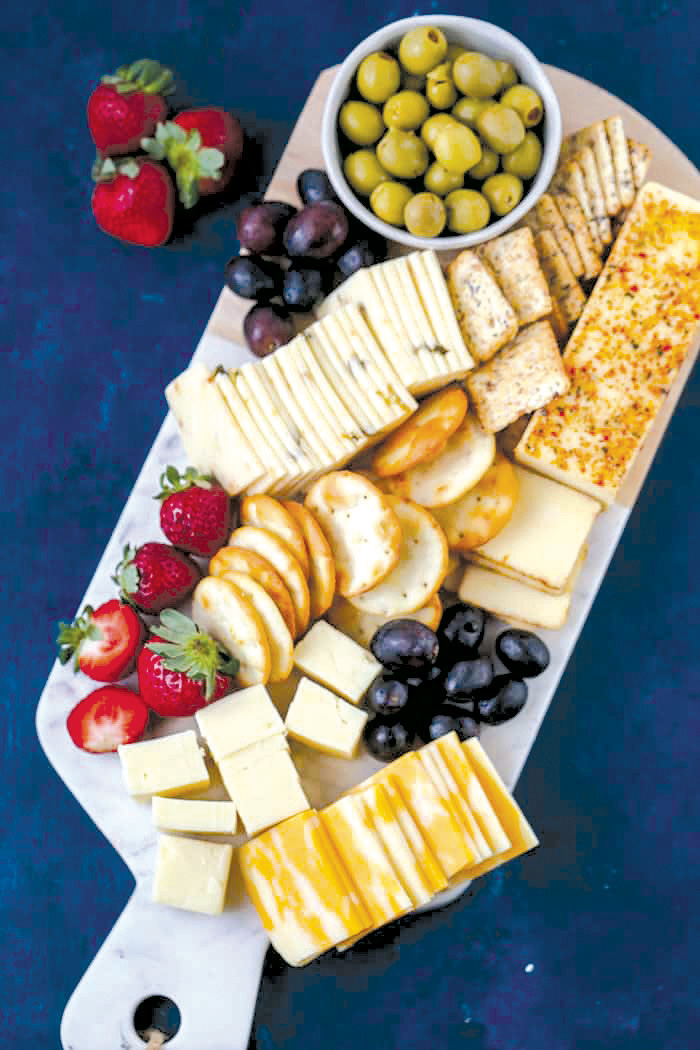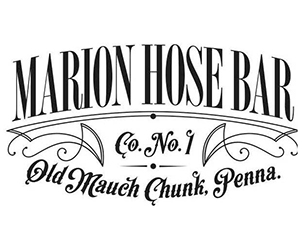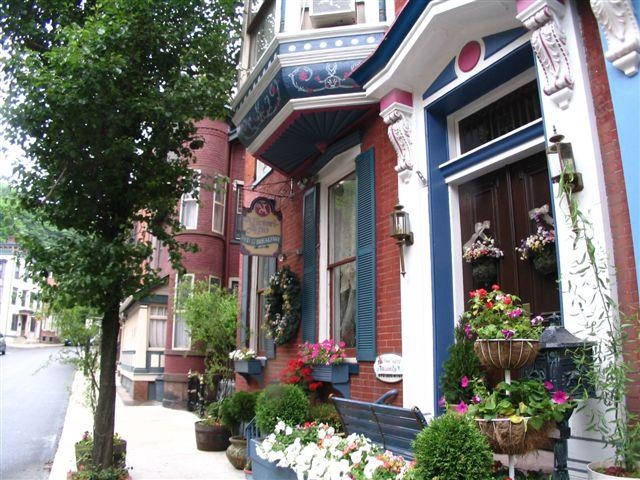By Aillinn Brennan • Special to The Current
L’ histoire du fromage begins: 5000 B.C. Mesopotamia. The discovery of cheese seems to have happened when a tradesman was transporting milk across the dessert in a vessel lined with a goat’s stomach. In the heat of the sun, the enzyme rennet, naturally occurring in the goat’s gut, started churning away with the milk as he made his trek. Upon stopping for a refreshment, he discovered something happened. The milk had coagulated and created first cheese, curds!
The tradesman tasted it and liked it. The curds satisfied his hunger while the remaining liquid milk quenched his thirst. When he returned home, he spread the word and cheese making was born!
Skip ahead 4,500 years to ancient Greece 500 B.C where a charming figurine of a man grating cheese over a bowl was discovered. Cheese graters were also discovered in burial sites in ancient Greece and there is reference them grating cheese directly into wine…yum? Hummmm???
Got Milk?
Cheese is essentially solidified milk from a cow, a sheep, a goat or even a buffalo. Milk, straight from the udder, raw milk, is imparted with flavors of the place where the animal grazed and lived. The taste IS the delicate microbial organisms in the grazing creature’s environment. Most cheeses are produced from raw or unpasteurized milk.
While raw milk cheese production is all about keeping the microorganisms happy and alive, pasteurization is about killing them…. well at least the bad ones, the pathogens. For pasteurization, the milk is heated to a temperature for an amount of time in order to kill off the bad bacteria while preserving the good microbes, the cheeses flavors.
Types of Cheese
Fresh, unaged, like feta, mozzarella, ricotta and the very decadent Burrata and the important building block for all cheese, curds! A bloomy cheese is exemplified by Brie, produced in Ile-de-France, the area surrounding Paris, from cow’s milk. Look for an unpasteurized, raw milk one for the real deal. Camembert, from Normandy is another one to try. It has a reputation for being a funkier friend of brie.
Speaking of funky, washed-rind cheeses are the stinky ones. Thank you, St. Benedict, the cheese making monk who decided to soak his wheel of “cheese in process” in his ration of wine. Your local grocery won’t likely have the stinkiest washed rind Époisses, soaked in brandy, produced in the Burgundy region of France. These advanced stinky cheeses have a primal character evocative of well….let’s leave it to the imagination.
Gruyère, a raw milk creation of Switzerland, has a medium intensity. It is washed in salty brine, giving a salty crunchy texture to the rind. Firm cheeses need the most aging and must have an affineur who takes care of them as they age.
The Alps produces some beautiful firm bodied cheese like Comté. See the word Alpage? It’s French for “mountain pasture” which means that cheese was produced from cattle’s milk who were pleasantly pastured along their way up springtime Alps melting snow with all of springs happiest grass, flowers, herbs, and gentle sunshine. Blue! The pretty blue marbling in a blue cheese happens when the cheesemaker sprinkles spores of mold, penicillium roquforti into the milk or curds.
Serve Cheese To Please
Bring your cheese, and whatever else you are serving, on your cheese board to room temperature. Use separate serving utensils for each cheese. No scooping at a piece of creamy brie, and then using the same utensil to serve yourself a hunk of cheddar!
Don’t purchase grated cheese, your dish will easily be elevated by a fresh grated cheese. Re-think your mac and cheese. Why not find an interesting hunk of cheddar like a smoked maple one from Vermont which will beg for a bacon crumble garnish?
Gratefully grate, seriously nibble, or try something new, maybe a blue? The world of cheese is there for you!
Aillinn Brennan is proprietor of The Marion Hose Bar located at 16 W. Broadway in Jim Thorpe.
For more visit www.marionhosebar.com



























Add Comment